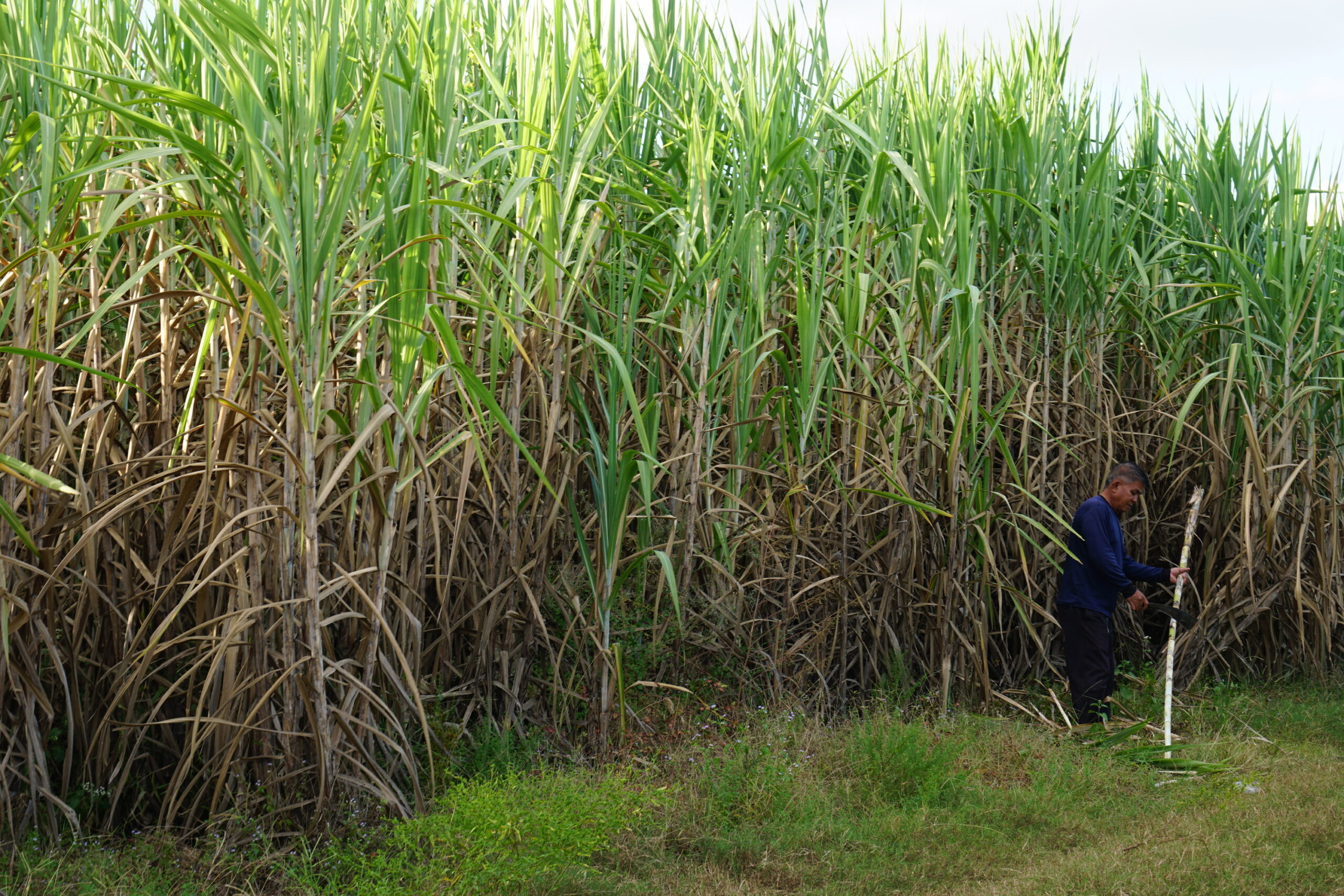A Closer Look at Sugar and Cane in the Global Food Industry
A Closer Look at Sugar and Cane in the Global Food Industry
Blog Article
Why Walking Cane Sugar Handling Chemicals Are Critical for Modern Sugar Refining
The role of cane sugar processing chemicals in modern-day sugar refining can not be overemphasized, as they are integral to enhancing both the performance of extraction and the general top quality of the last product. Agents such as phosphoric acid and particular flocculants are employed to get rid of impurities, causing sugar that not just fulfills consumer expectations however additionally follows sector requirements. The ramifications of these chemicals prolong past top quality, touching upon market characteristics and environmental considerations. sugar and cane. This raises essential questions regarding the sustainability of such techniques and their effect on the future of sugar production.
Role of Handling Chemicals
The efficacy of cane sugar processing pivots significantly on the critical application of handling chemicals. These chemicals play a crucial role in improving the effectiveness and top quality of sugar removal and refining. From the preliminary stages of juice removal to the last purification actions, handling chemicals help with different crucial operations.
In the removal stage, chemicals such as phosphoric acid and calcium hydroxide are employed to optimize the explanation procedure, helping to eliminate contaminations and put on hold solids from the walking cane juice. This not just improves the yield but additionally makes certain the clarity of the end product. In addition, agents like flocculants help in the quick settling of contaminations, thus simplifying the general process.
As the processing advancements, chemicals are utilized in decolorization and crystallization phases. Turned on carbon and ion exchange materials offer to eliminate color and smell, ensuring that the refined sugar fulfills consumer quality standards. Ultimately, the function of processing chemicals prolongs past operational efficiency; they dramatically impact the sensory attributes of the end product, adding to market competition. Thus, the thorough choice and application of these chemicals are vital for attaining optimum end results in cane sugar processing.
Key Kinds Of Chemicals
Cane sugar handling depends on a range of key chemicals that promote each phase of production. These chemicals play vital functions in clarifying, lightening, and cleansing the sugar drawn out from cane.
One primary classification of chemicals consists of flocculants, such as polyacrylamide, which help in the clarification process by promoting the gathering and settling of pollutants. Additionally, calcium hydroxide is typically utilized to reduce the effects of level of acidity and aid in the elimination of non-sugar parts.
Lightening representatives, such as triggered carbon and sulfur dioxide, are used to decolorize the syrup, resulting in a more clear final item. These chemicals aid eliminate shade substances that might impact the sugar's look and bankability.
Furthermore, phosphoric acid works as a pH regulator during the processing phases, making sure optimal problems for the chemical activities entailed in sugar extraction and purification.
Other vital agents consist of edta (ethylenediaminetetraacetic acid), which chelates metal ions that can militarize unfavorable reactions, and sodium hydroxide, which aids in pH control throughout the refining process. Collectively, these chemicals enhance performance and make sure a high-quality cane sugar item.
Benefits for Sugar High Quality
Typically overlooked, making use of details handling chemicals significantly boosts the overall top quality of walking stick sugar. These chemicals play a pivotal duty in refining processes, making certain that the final item meets rigorous sector criteria for pureness and taste.

Additionally, processing chemicals assist in achieving a consistent granulation and appearance, which are important for consumer acceptance. By regulating the condensation process, these chemicals ensure that the sugar More Bonuses crystals form consistently, causing an extra attractive product that dissolves well in numerous applications.
In addition, making use of these chemicals can improve the rack life of walking cane sugar by decreasing moisture absorption and microbial growth. Generally, the critical application of processing chemicals is essential for providing high-quality cane sugar that fulfills customer assumptions and market demands.
Environmental Influence Factors To Consider

Furthermore, the energy-intensive nature of sugar refining, compounded by chemical use, often causes increased carbon exhausts. This contributes to climate adjustment and increases issues concerning the sustainability of current refining methods. Additionally, the sourcing of these chemicals may involve techniques that endanger biodiversity, such as monoculture farming, which minimizes the durability of farming environments.

To reduce these impacts, sugar refiners are significantly discovering lasting options and taking on best techniques that lessen chemical use. Executing strenuous ecological monitoring systems can aid make sure that the refining process aligns with ecological standards and promotes biodiversity. Ultimately, a balanced approach that prioritizes both sugar high quality and environmental stewardship is vital for the long-lasting viability of the sugar market.
Future Fads in Refining
As the sugar industry faces the ecological difficulties related to conventional refining methods, ingenious strategies are emerging to improve both effectiveness and sustainability. One considerable fad is the adoption of environment-friendly chemistry concepts, which focus on the usage find out this here of safe, biodegradable processing chemicals. This shift not only reduces ecological impact however additionally addresses consumer need for cleaner manufacturing approaches.
An additional promising advancement is the execution of sophisticated filtering technologies, such as membrane layer separation and adsorption procedures. These techniques improve the clearness and high quality of the sugar while reducing the volume of wastewater generated throughout refining. Furthermore, the assimilation of digital technologies, consisting of IoT and AI, is transforming functional performance by making it possible for real-time monitoring and predictive upkeep, hence minimizing source waste.
Moreover, making use of spin-offs from sugar refining, such as bagasse and molasses, is acquiring traction. These products can be transformed right into biofuels or value-added products, adding to a round economic climate within the sector. Jointly, these patterns signal a change towards more lasting techniques that not just enhance functional performance however additionally align with worldwide sustainability objectives, making certain the future practicality of sugar refining.
Final Thought
Walking stick sugar handling chemicals are essential in modern-day sugar refining, dramatically enhancing the effectiveness and top quality of sugar removal. The strategic usage of More Help these chemicals not just improves the purity and taste of the final product but also makes certain regular formation and appearance. As the sector progressively focuses on sustainability, the fostering of environmentally-friendly handling representatives is likely to form future trends in refining, eventually bring about better items and extended service life for consumers.

Inevitably, a balanced approach that focuses on both sugar quality and ecological stewardship is crucial for the long-lasting stability of the sugar sector.
Walking stick sugar handling chemicals are essential in modern-day sugar refining, significantly improving the efficiency and high quality of sugar extraction.
Report this page